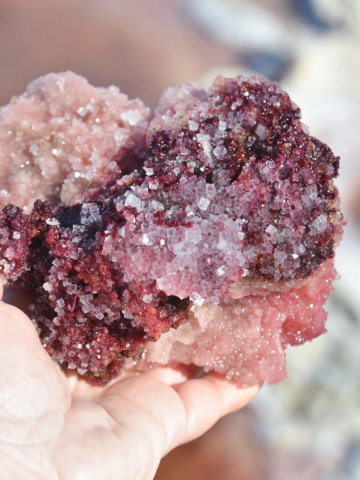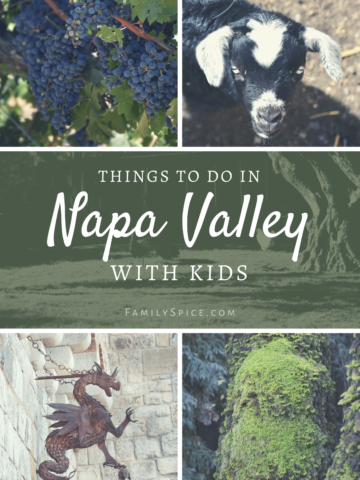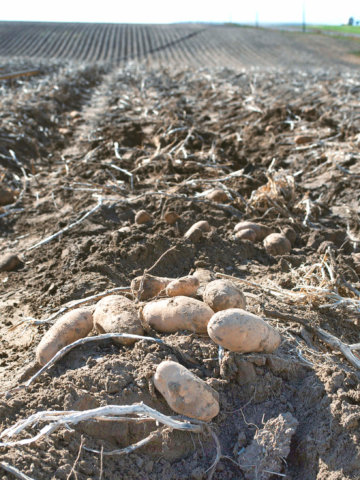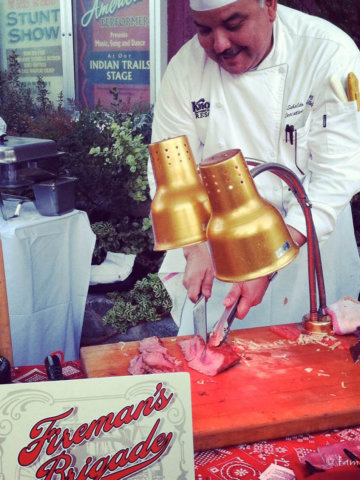This is a synopsis of my trip to the Fresno Valley where I toured California farms and learned about the the impact of the water crisis. Sponsored by the California Farm Water Coalition.
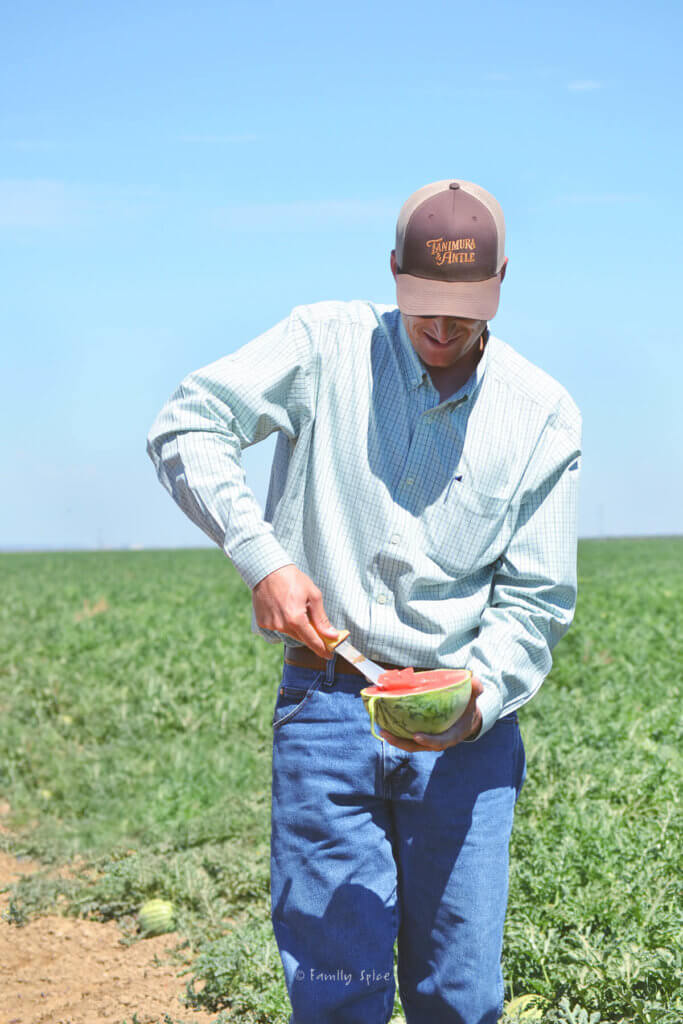
A few years ago I convinced my husband to dig up some of our lawn so we could have a vegetable garden. I wanted to teach our kids that food doesn’t magically appear at the grocery store. Last week I shared with you some of our successful summer harvest, but we didn’t grow enough to replace the grocery store.
This summer is our fourth year having a vegetable garden. It does not come easy to us. My husband and I grumble about the tomato plants failing or the blasted caterpillars. Hubby was so frustrated he expressed interest in putting the grass back in.
Last month I had the pleasure of touring several central valley California farms, hosted by the California Farm Water Coalition, who has the slogan, “Food Grows Where Water Flows.” Let me be specific. This was a trip to Fresno in late June, where record high heat arrived the same day we bloggers did.
Touring farms in 110ºF heat is not for the faint of heart, but our hosts were gracious and provided plenty of sunscreen, a van with a/c and a cooler filled will ice and water. We were set.
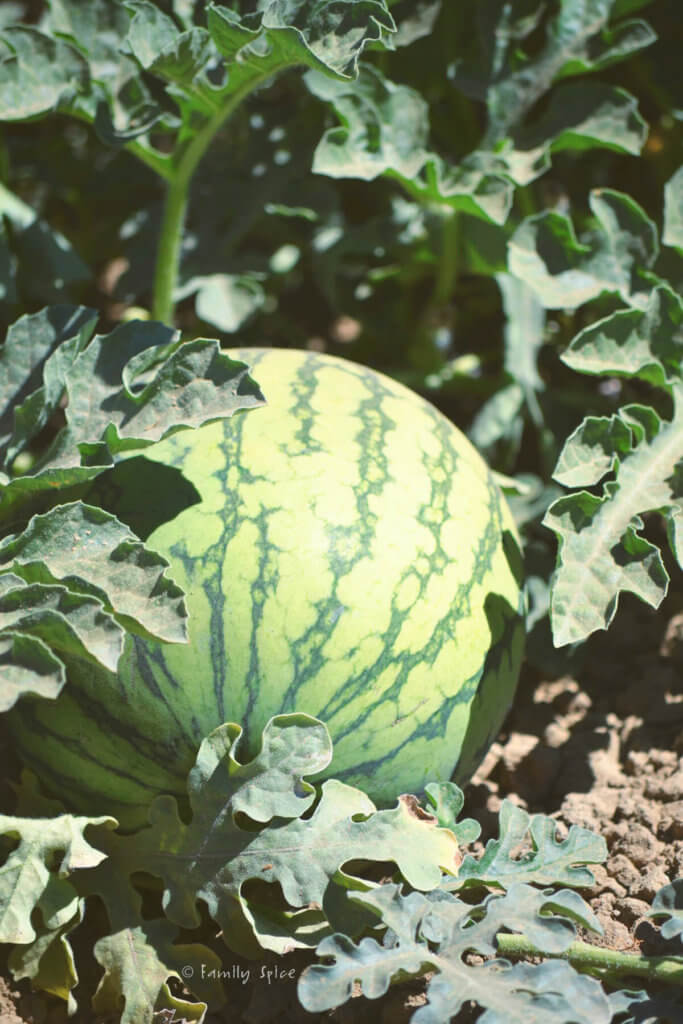
Odds are, if you have ever been in this region, you were driving through it, not staying for a visit. This is the stretch where you drive from SoCal to Vegas or Yosemite or Napa Valley. As my family takes many road trips, we have driven this stretch many, many times.
In spring, the area is green and blooming from the winter rains. By summer, it’s all dead and brown. And I mean BROWN. The only green you see are the farm fields and anything else watered by man’s hand. Water is a precious commodity, especially in Central and Southern California.
Here in San Diego, your water bill can break the bank. Those few tomatoes we grow in our garden are million dollar tomatoes. But again, we do not grow our garden to sustain ourselves, but as an education tool for our kids.
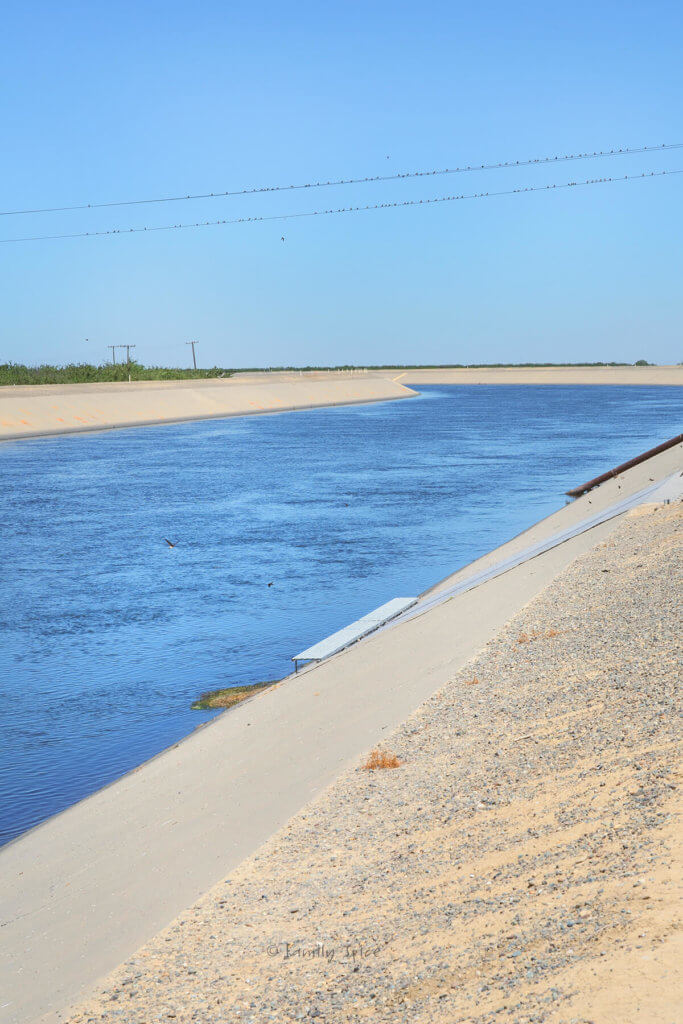
In the next few weeks I will be writing about what I learned in Fresno. The impact of this visit is more than I can fit into one post.
The farmers I met weren’t just strangers, but amazing heroes who are passionate about their livelihood, despite farming being one of the most grueling and unappreciated jobs around – more grueling and unappreciated than a stay-at-home mom!
These farmers took the time to talk to us, shared their bounty, and explained to us their passion for farming and their frustrations with the water supply.
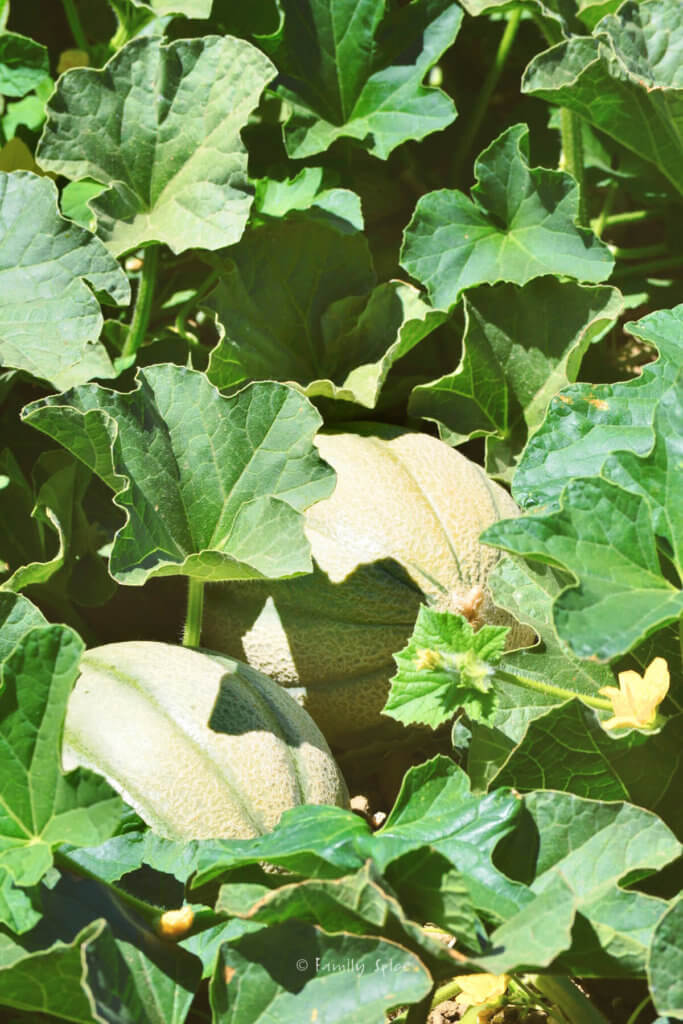
If I could, I would love to explain the intricacies and politics behind our state’s water supply. But after two solid days of power point presentations and long talks, I left feeling confused, angry and incredibly frustrated.
Our farmers are suffering from the water being shut off. Politicians are making policies that affect our food supply, but refuse to visit the farms and communities to see the economic impact caused.
I drove through a ghost town, Mendota, that was a few years ago the melon capital of the world. Today it holds 40% unemployment for those residents who stayed behind.
In California, 97% of all farms are family farms.
Did you know that California is the largest producer of peaches, plums, apricots and nectarines? And they are grown in this dust bowl.
It’s California, not Georgia, that provides approximately 60% of all the peaches grown in the U.S.
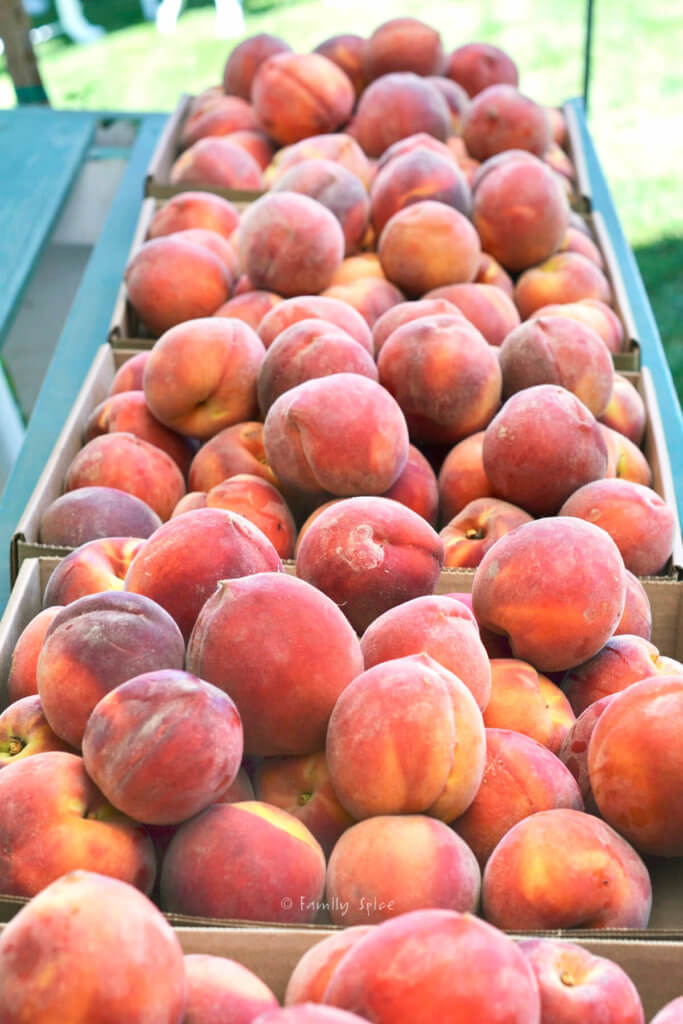
California produces approximately 88% of the nations strawberries.
With over 1,600 California family-owned dairy farms, they produce 20% of our nation’s milk production and is the second-largest cheese-producing state in the U.S.
Want more facts?
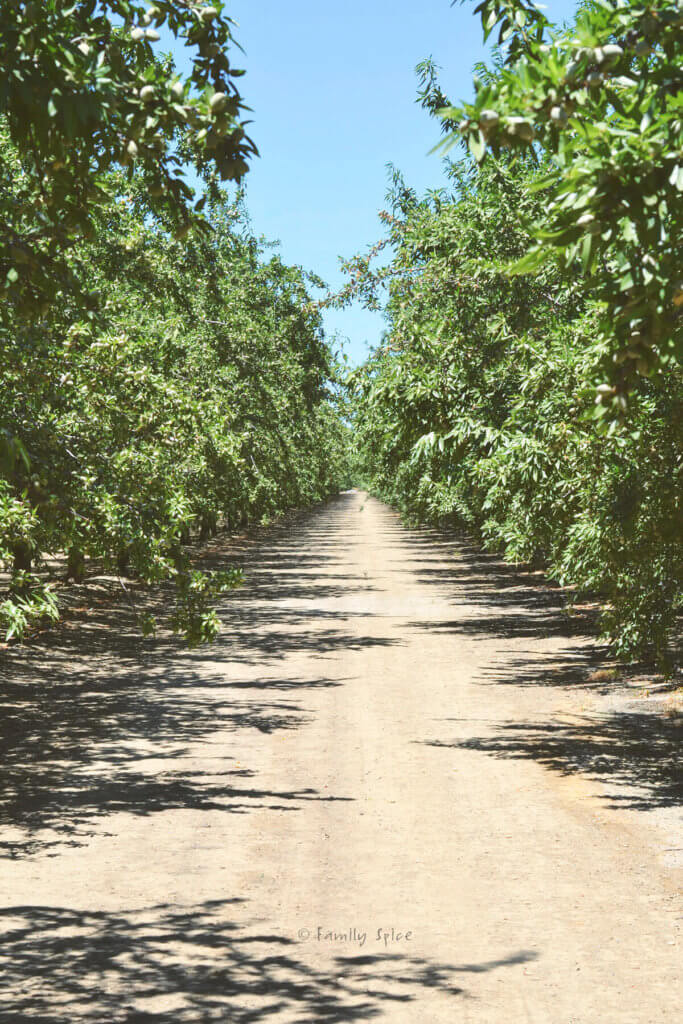
California supplies 99% of our nation’s almonds, artichokes, dates, dried plums, figs, garlic, kiwifruit, olives, olive oil, pistachios, raisins, table grapes & walnuts.
You shouldn’t be growing things where you don’t have the natural resources.”
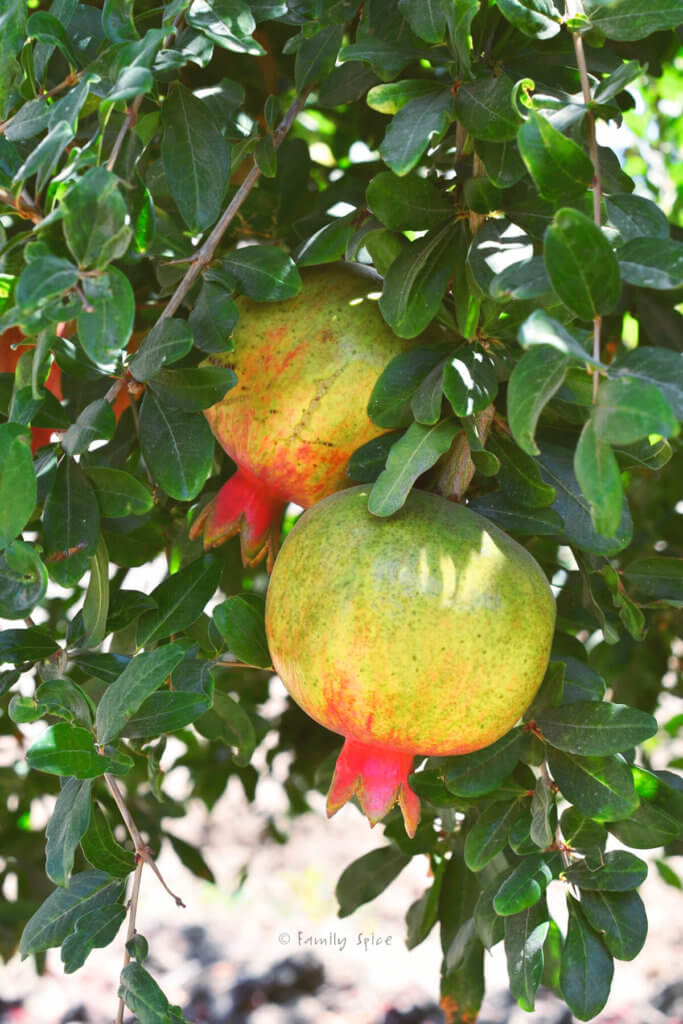
The dirt in this part of California is full of nutrients and is prime for farming. It is because of this hi-octane dirt that we are able to grow such a huge variety of produce in this state: things like pomegranate, kiwi and avocados.
Our California farmers used to have water. And because of a small fish, and a whole lot of politics, the water is no longer allowed to flow.
Some of you may be willing to spend bigger bucks on fresh produce, but those that live paycheck to paycheck will not. How can you teach the importance of eating fresh fruits and vegetables if it becomes too expensive for the average person to buy it?
Am I exaggerating the problem?
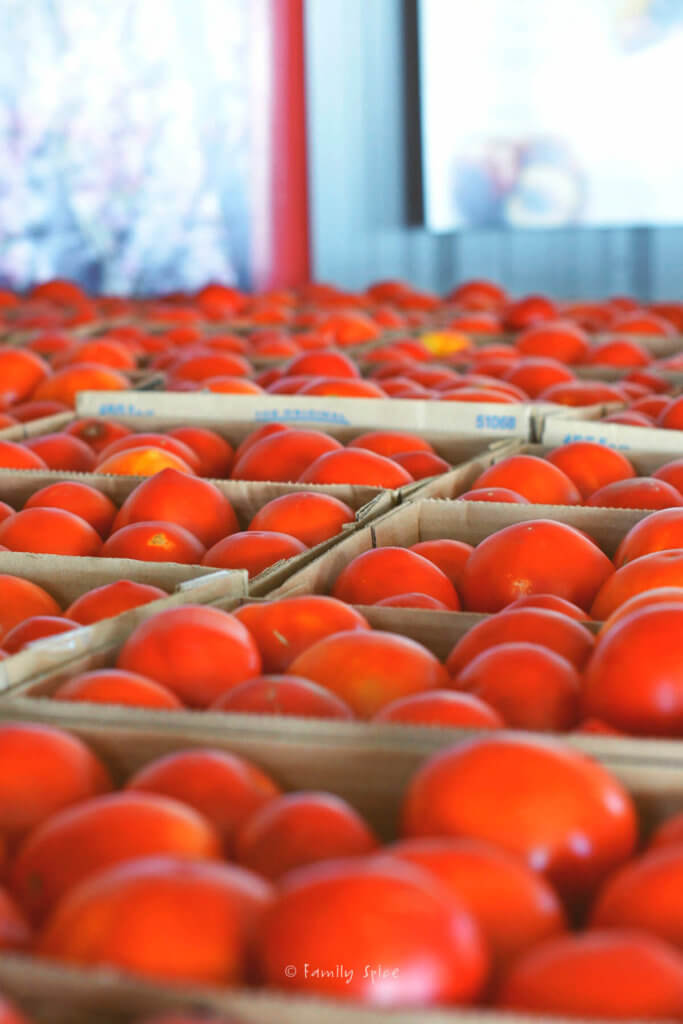
Not from what I saw. After a 20-year lawsuit with environmentalists, the economic impact of the new laws and regulations will not be reviewed for another 5 years or so. In my opinion, it doesn’t look good for our farmers or for us.
Californians need to learn to conserve.”
All the farms that I visited are masters at conserving water. One water district has all of their water pipes underground and the farms water their crops from underground. Nothing is wasted.
The ones that need to learn to conserve are us, the average consumer, not the farmer. How many times have you seen people washing their cars leaving their hose on to flow down the driveway? Do you leave the water running while you brush your teeth?
Do you run the shower full blast for 20 minutes? Do the millions of tourists staying in California hotels conserve water while they are here?
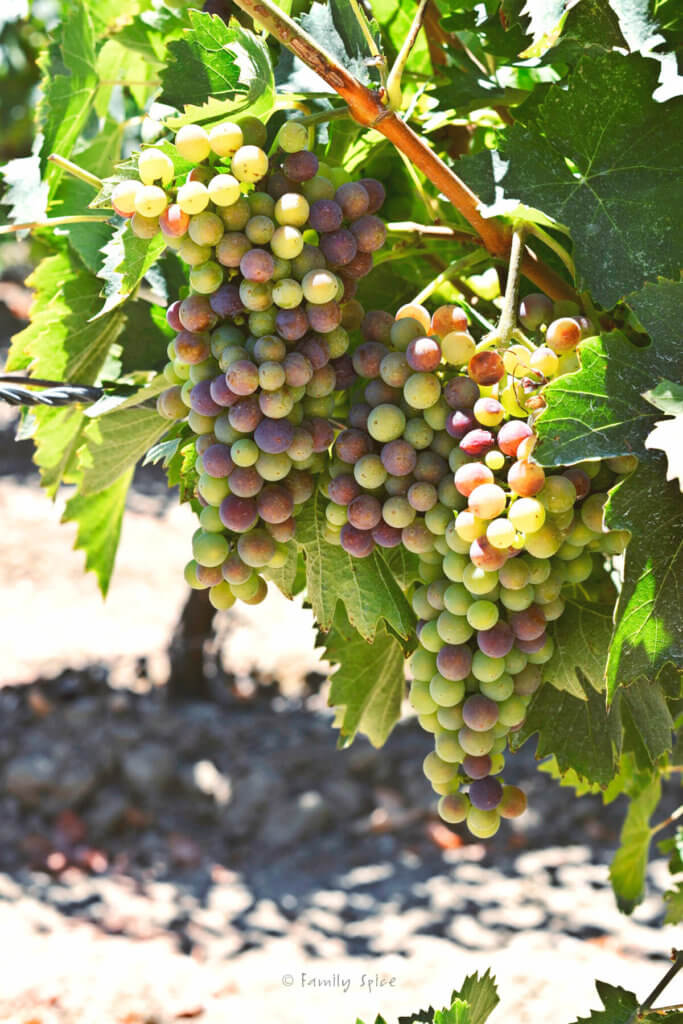
I don’t have all of the answers, but I do know that if California farmers can’t afford the water to grow the food we eat, it’s not just the U.S. but the rest of the world that will suffer.
In the next few weeks I will feature the farmers I met, rock stars in my opinion, and share recipes using the produce that they grow. In a world where a dingaling rich heiress gets more press and attention than the plight of the underdogs, these farmers deserve a little love and notice. Here is my post about my tour of Wawona Frozen Foods.
Remember, food grows where water flows.
More about the California water crisis written by:
- The Jolly Tomato, Farm Water and Farm Fresh Foods
- Mimi Avocado, Mimi Avocado Takes a Farm Tour with California Farm Water Coalition
- Bibberche, Wet Your Whistle: Do You Know Your Water?
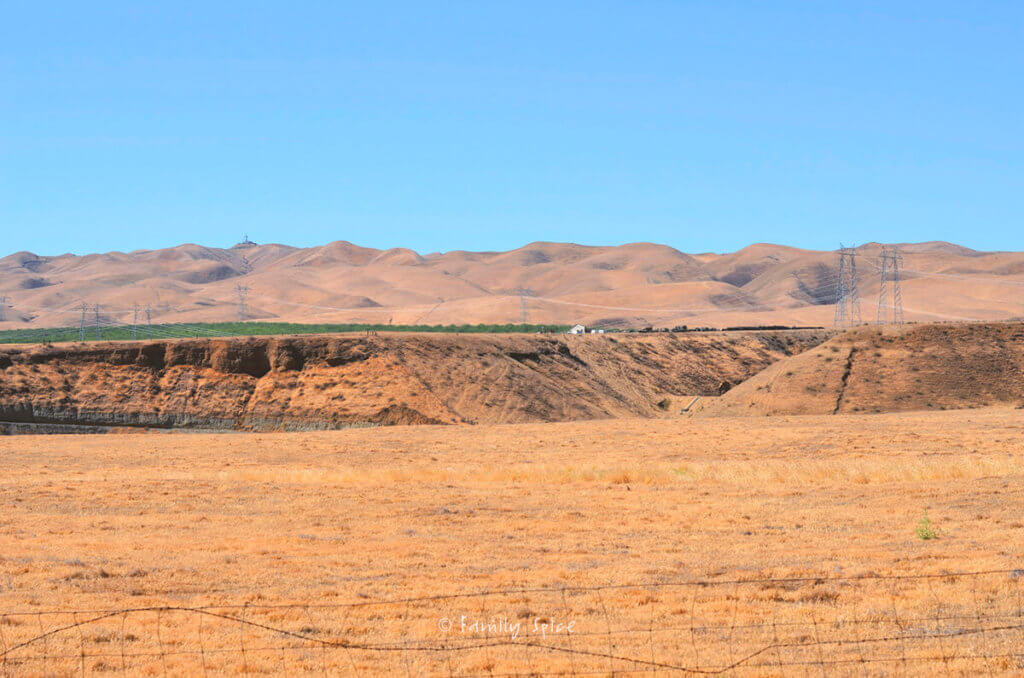
Disclosure: The California Farm Water Coalition paid for my trip and stay in Fresno, California. I was not compensated in any way to write this post. I was not asked to express a political opinion, except to write about my trip, in my own words. The views and opinions I expressed is 100% mine.

